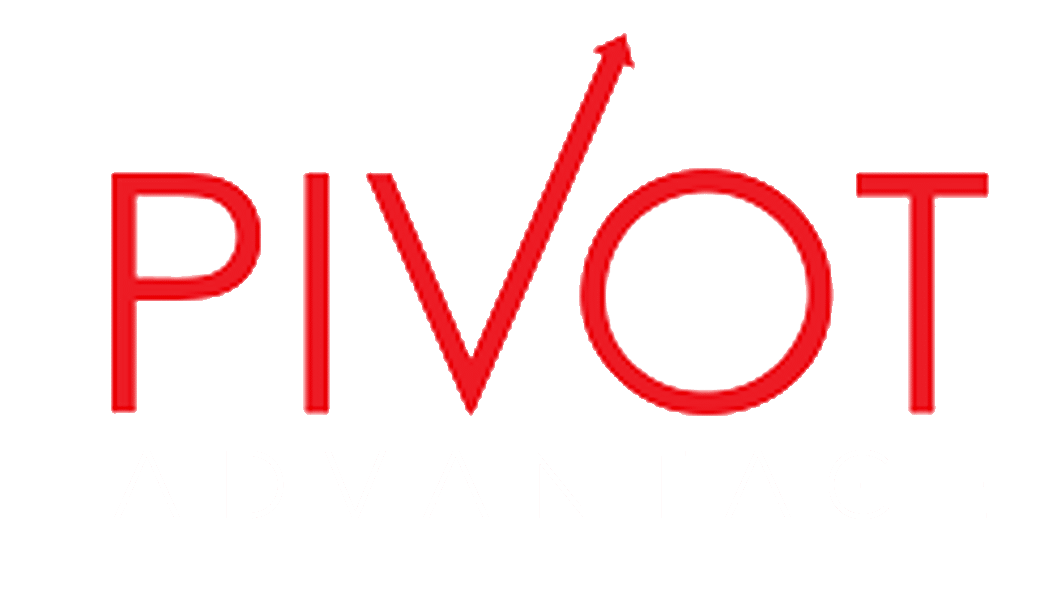Starting a business enables you to create it as a corporation. Recognized as an independent entity, a corporation functions on its own, and Canada acknowledges different types of corporations.
The category you choose can impact your business structure and how it operates. Also, note that each type of corporation has different tax requirements. This can be a deciding factor when categorizing your business structure, as some enjoy more benefits and lower taxes than others.
It’s important to understand what corporation type will suit your business and what income tax regulations you must adhere to. So, what are the different types of corporations in Canada? Below, we run through the five types of corporations to help you better understand each when deciding how to classify your new business entity.
5 Different Types Of Corporations In Canada
Canadian-Controlled Private Corporation (CCPC)
To be a Canadian-controlled private corporation (CCPC), a business must fulfill the following requirements.
Firstly, it needs to be a private corporation. It must have been incorporated in Canada, or a Canadian resident corporation, from June 18, 1971, until the end of the tax year.
There can be no control of the corporation by non-residents, or public corporations, as it needs to be a separate legal entity.
It also cannot be controlled by a corporation that lists shares on any designated stock exchange outside Canada.
Finally, the corporation’s classes of shares of capital stock should not be available on any designated stock exchange.
Some tax benefits of being a CCPC include the following:
- Small business tax deduction
- Good investment tax credits
- Capital gains exemptions on the sale of shares for shareowners
- Tax credits for research and development in certain activities.
It’s important to understand that a corporation can stop being a CCPC if there is a change in shareholders. For instance, suppose that certain share owners stop being Canadian residents or if they sell their shares to non-residents, resulting in non-residents controlling over 50% of shares. In this case, the corporation would cease to be a CCPC.
Other Private Corporation
Other Private Corporations are privately-owned organizations that do not meet all of the requirements to be a CCPC. To qualify as an Other Private Corporation, your business would need to meet the following requirements:
- Be a Canadian resident corporation.
- It cannot be a public corporation.
- It cannot be controlled by:
- any public corporation unless it is a prescribed venture capital corporation
- any prescribed federal Crown corporations
- a combination of public corporations and prescribed federal Crown corporations
Public Corporation
Public corporations are corporations that meet one of the following two requirements:
- They have a class of shares on a designated Canadian stock exchange.
- They have been designated (by the minister of National Revenue) or elected to be a public corporation. This can be done if the organization complies with the conditions of Regulation 4800(1) of the Income Tax Regulations. The Regulation concerns the dispersion of share ownership, size, public trading of shares, and shareholder numbers.

Corporation Controlled By A Public Corporation
If a corporation is a Canadian subsidiary of a public corporation, it will qualify as a corporation controlled by a public corporation.
It is important to differentiate between corporations controlled by a public corporation and public corporations. They have different requirements and unique income tax regulations at the end of the tax year.
Other Corporation
If you have a corporation that does not fit into another of the other four classifications, then it would be deemed an ‘other corporation.’
Crown corporations, credit unions, and general insurers are examples of other corporations.
Conclusion
Becoming a corporation in Canada is beneficial as it can offer your company better liability protection and credibility. However, the type you choose will determine certain structures and operations within your business, according to which regulations you must adhere to. It will also determine your tax requirements, as different corporations will have varying benefits, reductions, and rates.
While it may be simple enough to understand in theory, navigating this practice can be challenging for someone not versed in the laws and regulations. Therefore, it is essential to have a dedicated tax accountant to help lay out all options during the decision-making process.
A tax accountant will handle the specific tax requirements at the end of each year to ensure your corporation remains tax compliant. They can also maximize benefits such as small business tax deductions at the end of the tax year.
To get quality tax-related advice or tax optimization, turn to Pivot Advantage Accounting and Advisory Inc.
Contact us today and we will help you get started on your corporation.


